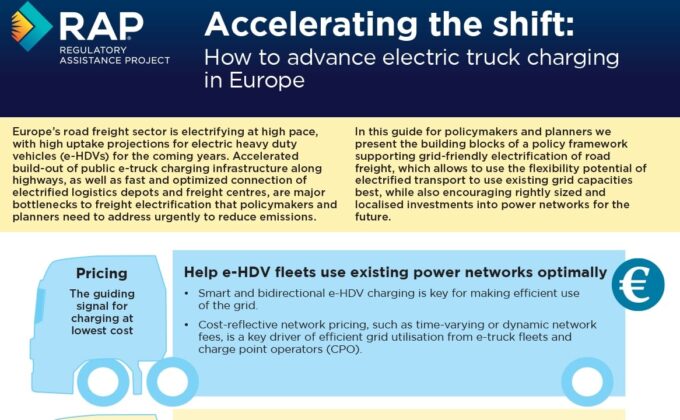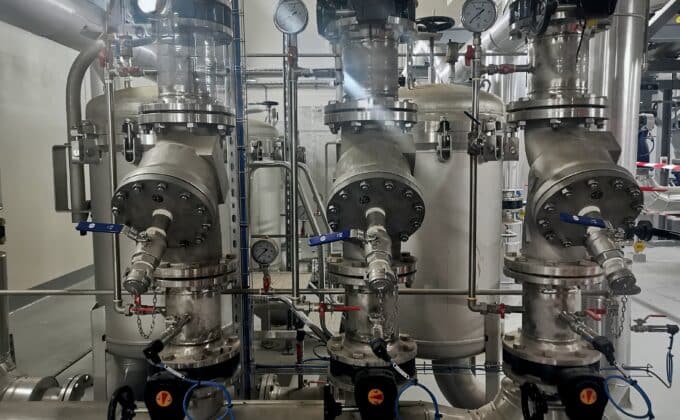Alessandro Celestino oversees day-to-day planning, management, and coordination of activities for RAP's Europe team. He also plays a pivotal role in the development and implementation of the team’s strategy. Celestino is an experienced project manager and expert in EU fundraising and bidding. He has supervised and managed a wide portfolio of multi-stakeholder projects in the field of climate change and environmental protection, working in China, Germany, Italy and Belgium.
Prior to joining RAP, Alessandro Celestino held several positions with the Italian Ministry for the Environment, gathering in-depth experience over the course of more than a decade. He began his work in Brussels, providing EU relations and EU grant support. Celestino then moved to Beijing to act as project supervisor, before serving as program manager for the Sino-Italian Cooperation Program for Environmental Protection, a program jointly managed with the Ministry of Environmental Protection of China with a budget of 180M euro over 10 years.
Alessandro Celestino holds an undergraduate degree in foreign languages and literature from Università degli Studi di Roma “La Sapienza” and earned a master’s degree in international management of cultural and not-for-profit organisations from Università degli Studi di Genova. He also holds a certificate from the University of International Business and Economics of Beijing (China), where he completed advanced training in business development and Mandarin Chinese. In addition to his mother tongue of Italian, he speaks fluent German, English and French, and has reached an upper intermediate level in Chinese.
Latest Insights from RAP Experts

Accelerating the shift: How to advance electric truck charging in Europe
Europe’s road freight sector is electrifying quickly, with strong projections for the uptake of electric heavy-duty vehicles… Read More +

Flexing industrial muscle: Electrifying process heat with electro-thermal energy storage
European industry is a very large user of heat: around 1,900 TWh each year for a range… Read More +

